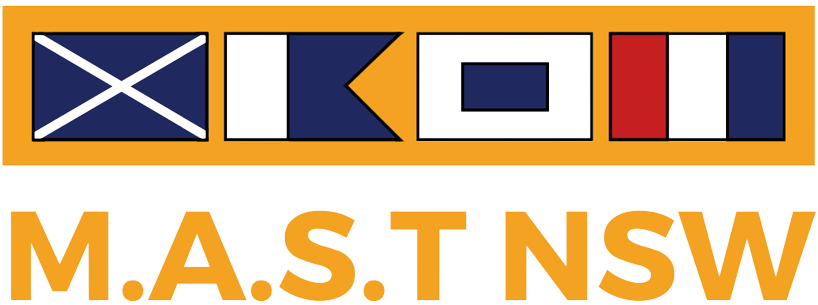MAR20321 Certificate II in Maritime Operations
(Coxswain Grade 1 Near Coastal)
From as low as $1,010!*
Navigating Success: Small Vessel Command
This course equips you with key skills for navigating and operating small vessels in Australian inshore waters. Ideal for aspiring Coxswains, it covers navigation, safety, vessel handling, and more, setting you on course for a successful maritime journey.
The MAR20321 – Certificate II in Maritime Operations(Coxswain Grade 1 Near Coastal) provides excellent grounding for continuation to a Master certificate of competency.

Why Choose Maritime & Safety Training NSW:
Best Price:
You won't find a lower price anywhere else online
Proudly supported by NSW Smart & Skilled Program
Incredible value at an unbeatable price
Best Facilities:
Best Facilities In Mainland Australia
Located On Working Harbour
World Class Full-Bridge Simulator
Latest in VR Technology
Fleet Of Specialised Training Vessels
Best Trainers:
Most established RTO in the industry
Trusted since 1985
50+ years combined training experience
Best practice training and compliance
Not just theory - real hands-on training on the water
Course Overview:
Our training courses for Coxswain Grade 1 offer hands-on experience in navigating vessels within Australia’s inshore waters. The training allows operation of vessels with an inboard engine up to 500KW and no limit for outboard engines. Our comprehensive Coxswain training ensures you master the necessary Units of Competency, positioning you to achieve the Certificate II in Maritime Operations (coxswain Grade 1 Near Coastal)
This course is designed for students who have achieved 80% of the AMSA (Australian Maritime Safety Authority) sea time requirements for Coxswain Grade 1 NC Certificate of Competency.
Course Contents:
Core Units of Competency
Is This Course Right For You?
Please see the following PDF to check this course is right for you and you meet the eligibility requirements:
(Right Click + Save As…)
Career Opportunities and Study Pathways
This qualification applies to people working in the maritime industry seeking an Australian Maritime Safety Authority (AMSA) certificate of competency to command and operate the engines of a vessel:
- <12 m in length
- with propulsion power that is unlimited for an outboard engine or <500 kW for an inboard engine
- that is in inshore waters or designated waters
or
- as a tender or auxiliary vessel within 3 nautical miles (nm) of a parent vessel within the exclusive economic zone (EEZ).Coxswain on Commercial Vessels
Operate commercial vessels within Australian inshore waters, ensuring the vessel’s safety and overseeing its operations.
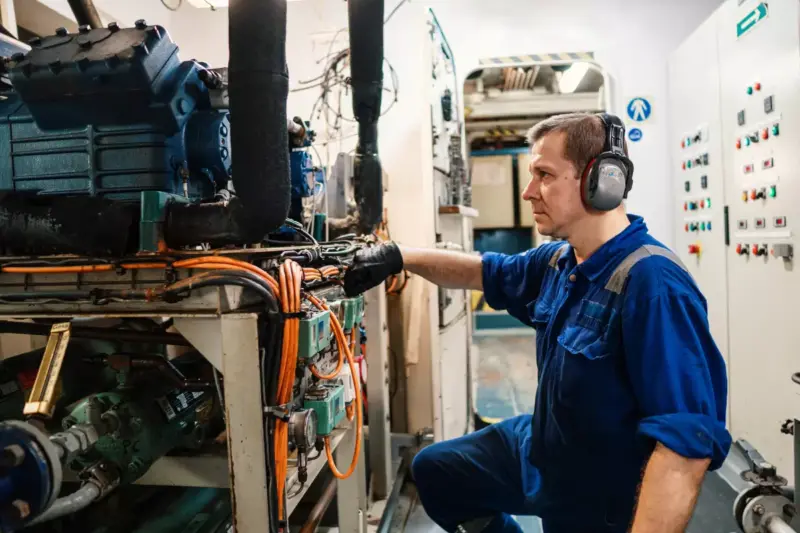
Study Pathways
MAR30821
MAR30821
Common Career Opportunities
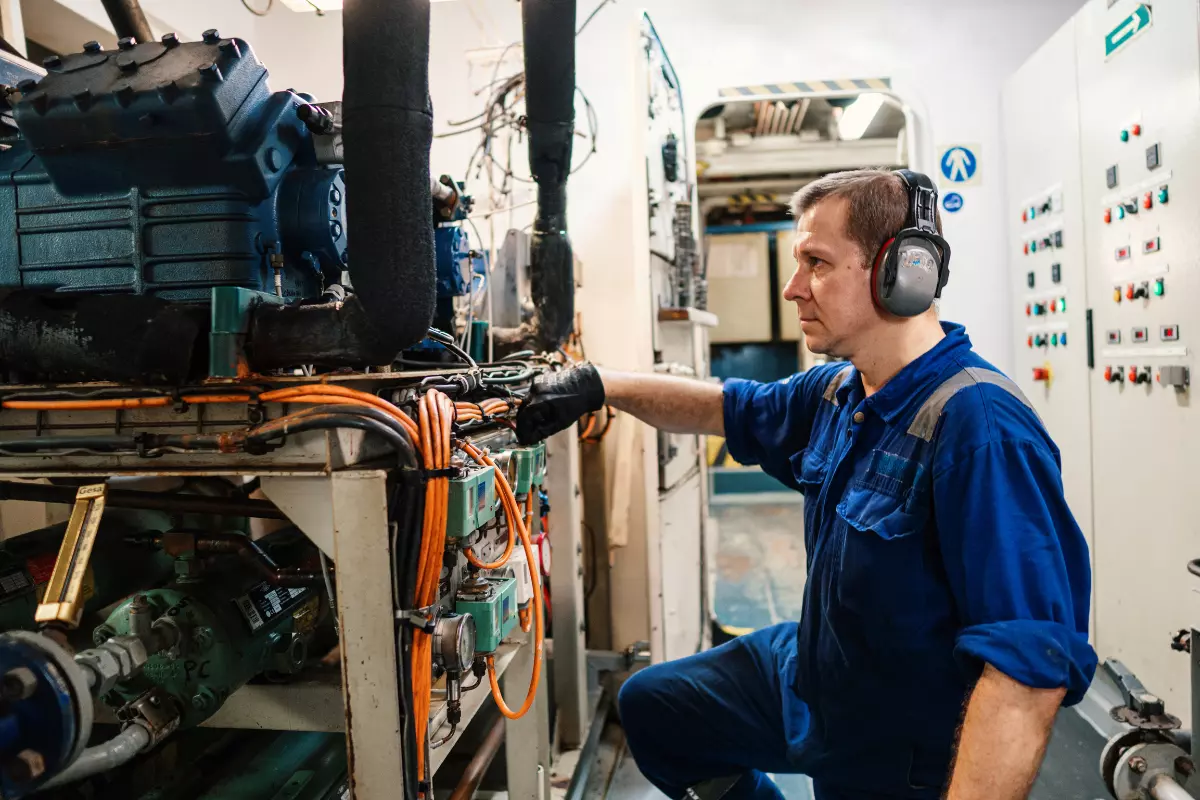
Marine Transport Operator
Operate ferries or water taxis, transporting passengers between coastal locations, islands, or across harbours.
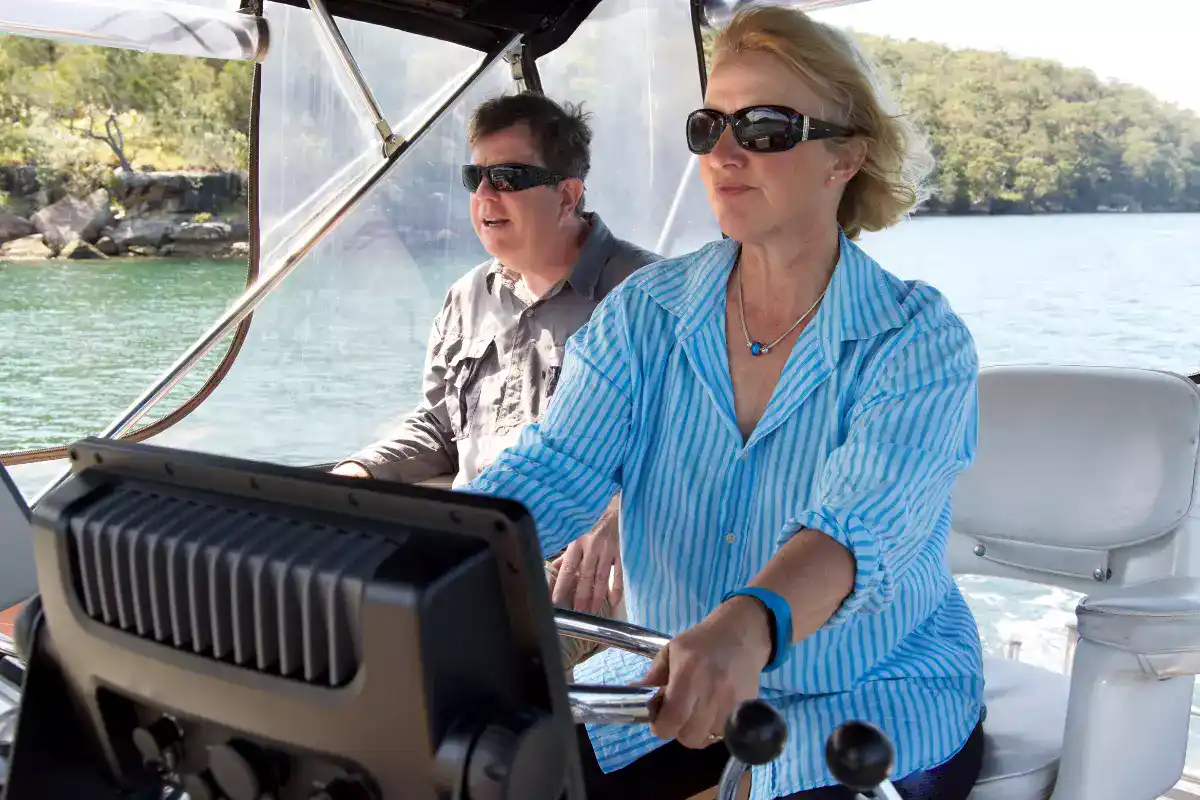
Tour Boat Operator
Work for tourism companies, offering services like guided tours, fishing trips, or diving expeditions in coastal regions.
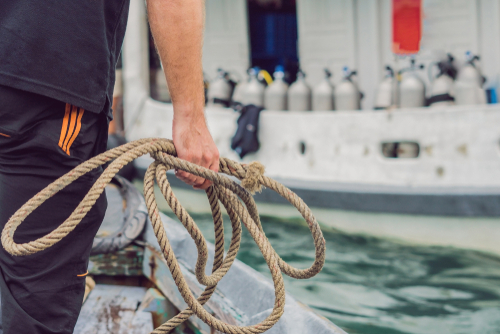
Marine Rescue Operator
Participate in marine rescue teams, aiding in search and rescue operations within inshore waters.
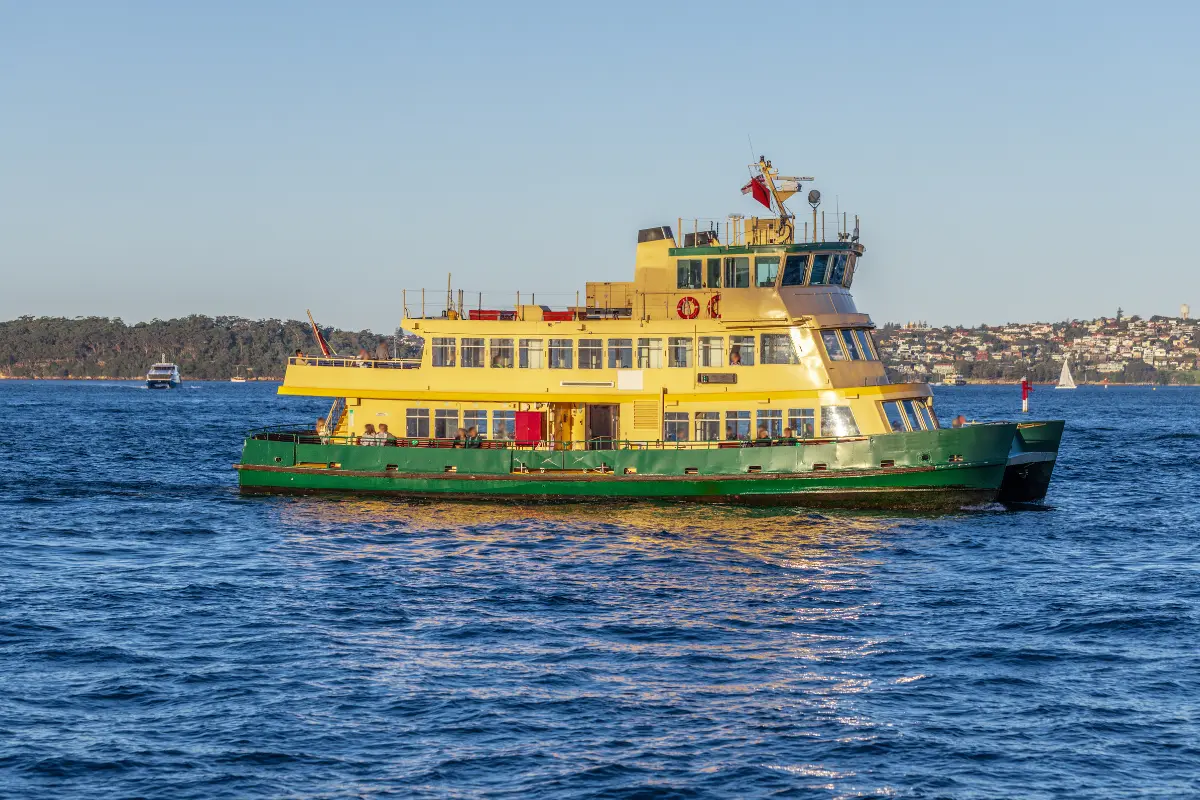
Workboat Operator
Operate workboats that support marine construction, offshore operations, or assist larger vessels.
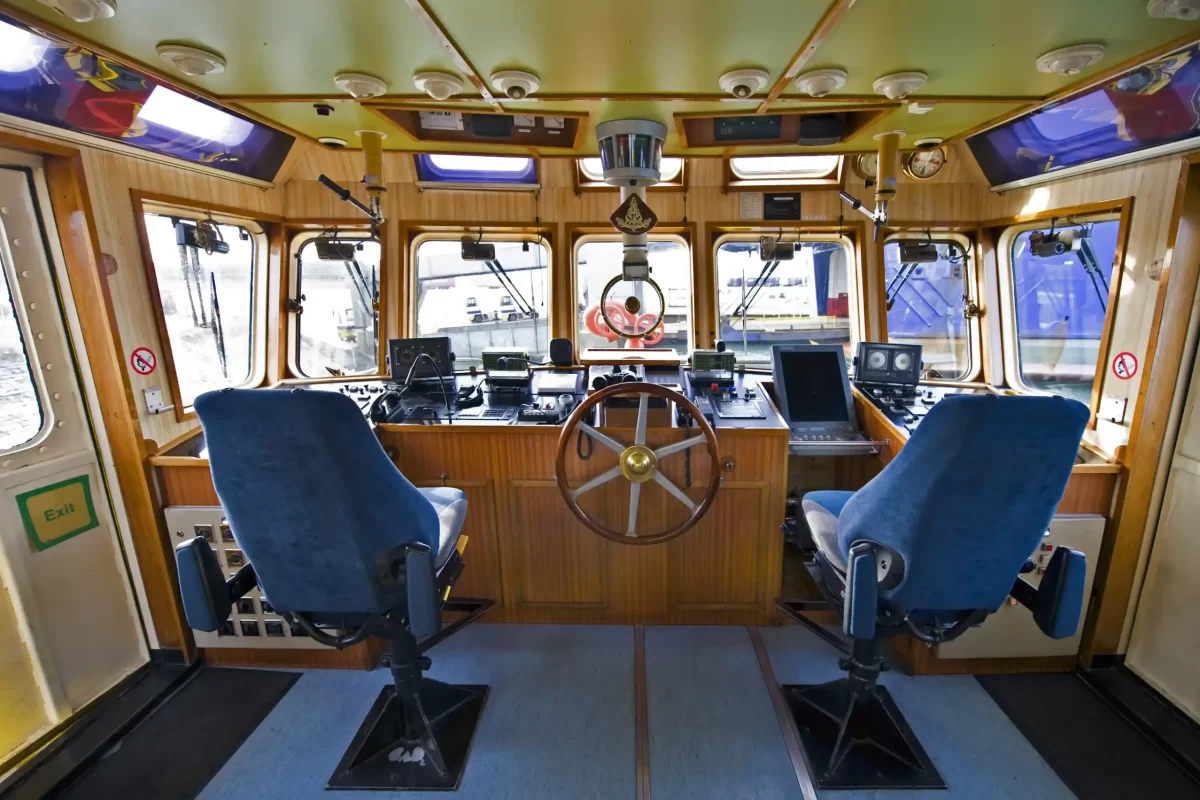
Fishing Vessel Skipper
Lead commercial or chartered fishing expeditions, ensuring safety and efficient operations.
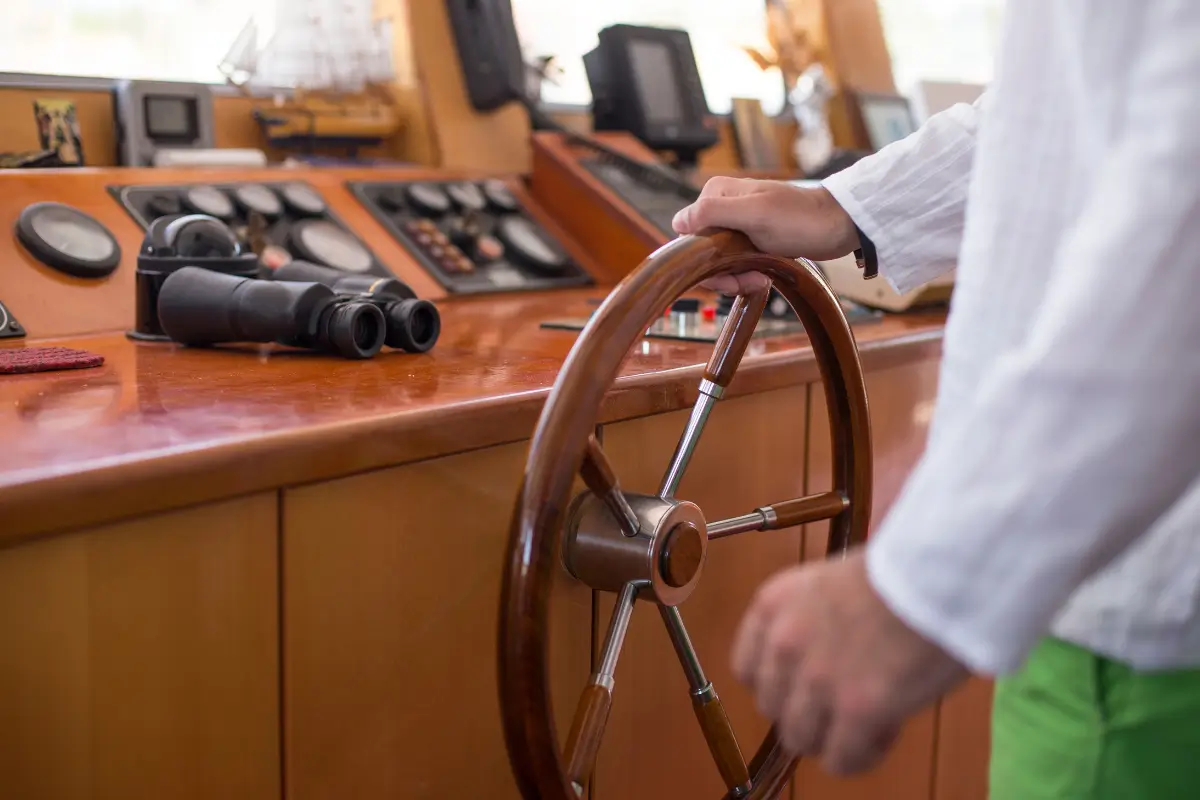
Maritime Supervisor or Manager
Oversee operations at maritime facilities, such as marinas or docks, ensuring smooth operations, safety compliance, and coordinating vessel movements.
Licensing/Regulatory Information
This level of qualification is currently cited as meeting some of the requirements for certification as a Master up to 45 metres Near Coastal as defined by Marine Order 505 (Certificates of competency – National law) 2022.
Certification as a Master less than 45 metres Near Coastal (as defined by Marine Order 505) will require achievement of the MAR40320 Certificate IV in Maritime Operations (Master up to 45 metres Near Coastal), certification as a Master less than 24 metres Near Coastal, an appropriate radio certificate of proficiency, Australian Maritime Safety Authority (AMSA) final assessment and an AMSA approved first aid certificate.
People seeking certification should check with AMSA.
This level of qualification is also currently cited as meeting some of the requirements for certification as a Mate less than 100 metres Near Coastal as defined by Marine Order 505 (Certificates of competency – national law) 2022.
Certification as a Mate less than 100 metres Near Coastal will require achievement of the MAR40320 Certificate IV in Maritime Operations (Master up to 45 metres Near Coastal), qualifying sea service and completion of AMSA approved task book or qualifying sea service, an appropriate radio certificate of proficiency, AMSA final assessment and an AMSA approved first aid certificate.
People seeking certification should check with AMSA.
This is an accredited course.
How to Enrol
Option 1: Call now and speak to our friendly team to discuss the best options for your training.
Option 2: Simply fill out the enquiry form and one of our team will contact you to discuss the next steps and available course dates.
*Fees may vary due to prerequisite qualifications. Contact us for more information on what fee structure you may be eligible for.

